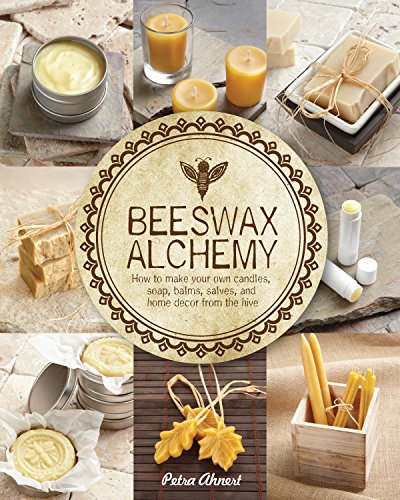From Randy Oliver's
www.scientificbeekeeping.com (for those who haven't read his research, it really is worth having a good look). "
Note to hobby beekeepers: I say this to make clear that beekeeper Jane or Joe Treatment-Free is dreaming if she or he think that allowing their colonies to die from lack of mite management is going to improve honey bee genetics overall. If they want to improve honey bee genetics, they’d do best to treat their hives to keep them healthy, but put pressure on whoever they purchase queens from to seriously select for mite resistance."
The above was taken from
Selective Breeding for Mite Resistance: Walking the Walk - Scientific Beekeeping
The whole series of research into breeding for mite resistance is here:
Breeding Resistant Bees Archives - Scientific Beekeeping
Yes ... I've read Randy Olivers work and a number of other papers on 'Varroa resistant' or 'Hygienic' bees ... yes, I think they exist but as a hobby beekeeper I have little chance of breeding such stocks of my own.
But ... I think there is more to it than this ... I've been treatment free for all of my beekeeping years ... Ok - it's not a lifetime - but my treatment free bees have not died out. They appear to co-exist with varroa and the varroa loads are generally very light. My bee stocks are a mix of local mongrels and colonies from a few bought in queens (not foreign queens I would add). The colonies I have are mostly small black bees - there's occasionally a few stripey ones in there but with local open mated queens I would expect that.
The have never been tested for hygienic traits. So .. I think that there is a variety of things that allow bees to survive alongside varroa:
1. Local conditions - Climate & forage.
2. Conditions they are kept in - hive type, insulation.
3. Location - other bees and beekeepers in the area.
There may be other factors that influence their ability to manage the varroa load - I'm foundationless and I know where the wax comes from - out of my bees - there is no chance of contaminated foundation. They build a lot of drone comb and there are always lots of drones in my colonies.
As much a possible I leave them with enough honey to survive over winter - yes they get topped up with invertbee but it is only a top up.
I don't use queen excluders and my inspection regime is very low interference ... I try and disturb the brood nest as little as possible and I keep my inspections to the times when I think I need them. My bees are healthy, I don't ever see any signs of brood disease or any other diseases for that matter. Clear crownboard and landing boards allow me to see what my bees are like and what they are doing and that avoids some of the need to invade te brood box.
I don't know how, if or why these factors influence my bees ability to successfully exist in the face of varroa - it's a conundrum and I have no control colonies or the ability to test if my regime could work in other locations. I know one other beekeeper whose colonies are about two miles as the bee flies who has been treatment free now for over 12 years and a few others in the area who are also treatment free - some operate in the same way as I do and apparently are also successful.
Who knows .. hygienc bees ? Yes I believe in them but I don't think I have them and I doubt they are the magic bullet. Luck ? probably ...along with a regime that helps rather than controls the bees. I think stressed colonies are very susceptible to parasites and disease - beginners seem to lose more colonies and have more problems than beekeepers of a few years - perhaps the desire to be in and out of their hives too frequently has an impact ?
I just feel grateful that whatever it is works ... and keep doing it.























































